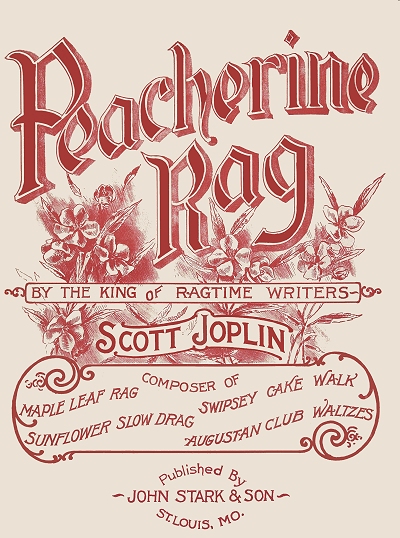The relevance of ragtime today is questionable, but its prevalence is undeniable. Most people today have heard a ragtime piece, but may not know the name or the history behind it. Ragtime is one of the most recognizable styles of music, and its history is worth studying.
It was popularized in the early 20th century by composers like Scott Joplin, who wrote some of its most recognizable songs. Some of his compositions, like The Entertainer and Maple Leaf Rag, are still widely heard and recognized today, over a century after their original publication.
Ragtime had its origins in African American culture in America. Most of its earliest composers could not read or write music, meaning it was improvised and could not be repeated. For a while, this prevented ragtime from spreading out of its original circles. Some of the first songs to be published were written by comedians such as Irving Jones and Ernest Hogan.
Although Joplin was writing music around the same time as them, his first ragtime publication was Original Rags in 1899. He released Maple Leaf Rag later that same year, which has gone down in history as one of the most recognizable ragtime songs ever written. He wrote six more songs, including four ragtime pieces, before he wrote The Entertainer in 1902, another of the most historically significant ragtime songs. He completed over 70 pieces before the end of his life, around 40 of which are ragtime songs.
Ragtime was at its most popular in the 1910s, with its popularity falling off in the 1920s when it was replaced in the public consciousness by jazz, which was influenced by ragtime in its early stages. Ragtime fell into relative obscurity for the next 20 years, until the 50s when renewed interest in the unique style brought about brand new rags recorded on vinyl records.
The 60s and 70s also saw interest in ragtime, though it never again reached the peaks it was at in the 1910s. The 60s had a particular interest in studying the history of ragtime, with the book They All Played Ragtime, published in 1960, documenting the history and significant composers of ragtime. It also saw many new ragtime composers and publishers, who helped to make it even more relevant.
The 70s saw renewed interest in Joplin’s work particularly, and is a major reason why he remains the most recognized composer of ragtime. The film The Sting, released in 1973, included many of Joplin’s compositions in its soundtrack. The film’s rendition of The Entertainer in particular is a major factor in its popularity even today.

